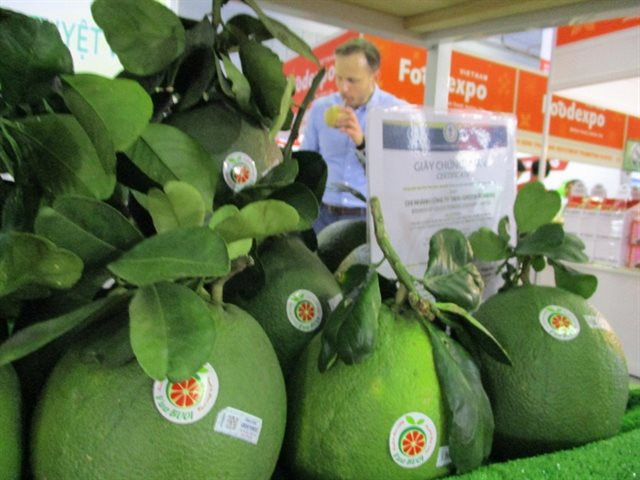
During Prime Minister Pham Minh Chinh's trip to the US in early May, Vietnamese businesses accompanying the Prime Minister met US companies, and the two sides signed many fruit export contracts to the US market, according to Trung.
Accordingly, besides fresh fruit, exports of some frozen fruit products, such as frozen durian and many other kinds of fruit are expected to increase strongly to the US.
In addition, Minister of Agriculture and Rural Development Le Minh Hoan and the US Secretary of Agriculture agreed on solutions to remove technical barriers to promoting the export of Vietnamese agricultural products to the US.
On May 17, the US Animal and Plant Health Inspection Service (APHIS) officially granted a certificate of irradiation treatment facility for the Toàn Phát Irradiation Co. Ltd., Trung said.
Le Son Ha, head of the Plant Quarantine Division, Department of Plant Protection, said irradiation treatment was a mandatory requirement under US plant quarantine regulations for exporting fresh fruit to the US.
With the US' latest decision, Vietnam has two APHIS-certified irradiation treatment facilities, including Sơn Sơn Corporation, the management unit of Sơn Sơn Irradiation Factory in HCM City and Toan Phat. These two facilities have a total irradiation capacity of 30,000 tonnes per year. This will be a favourable condition for enterprises to export Vietnamese fresh fruit to the US market.
"According to the contract signed with the US partner, in September 2022, the first batch of fresh fruit will be irradiated to export to the US," said Vương Đình Khoát, chairman of Toàn Phát Irradiation Co. Ltd.
Khoat said the company had invested US$10 million to build a new fruit irradiation factory in Long An. The factory has an annual irradiation capacity of 10,000 tonnes. Besides that, the company also had created cold storage with a capacity of 10,000 tonnes in the factory to meet customer demands.
Currently, Vietnam's fresh fruit exports to the US are limited due to high logistics costs, including marine and air transport costs, leading to high costs in exporting fresh Vietnamese fruit to the US.
"If the transport costs drop to the previous level or 10-20 per cent higher than the previous level, the purchasing power of the US market will increase much more," said Khoat.
Ngo Tuong Vy, deputy director of Chanh Thu Fruit Import-Export Co, Ltd in Ben Tre Province, said that having more irradiation facilities for fresh fruits exported to the US will create more favourable conditions for businesses exporting fruits to the US. Particularly, it will reduce the congestion of export fruits and bring competitive prices for those fruits.
Along with increasing irradiation capacity, according to Vy, the most important thing for Vietnamese fruit exporters is to complete a sustainable linkage chain between companies with cooperatives and farmers to focus on developing the material region. Therefore, the companies will have enough raw materials of good quality fresh fruits to export to supermarket chains or large enterprises in the US.
The US is completing the remaining procedures to permit Vietnamese pomelo to enter the US market. This is one of the fruits in high demand in the US market, said Vy.
Accompanying the Prime Minister to visit the US, she met with leaders of Walmart, a large retailer in the US. They said they were very interested in frozen grapefruit and durian, according to Vy.
The Ministry of Agriculture and Rural Development reported that in the first four months of this year, the US was the largest export market for Vietnam's agricultural, forestry and fishery products, with an export value of US$4.9 billion, accounting for 27.3 per cent of Việt Nam's total agricultural, forestry and fishery export value. The export value of fruit and vegetables continued to increase significantly over the same period last year.
So far, Việt Nam has six types of fresh fruit licensed to export to the US: dragon fruit, rambutan, longan, lychee, star apple, and mango. Pomelo is expected to be the seventh fruit added to the list.

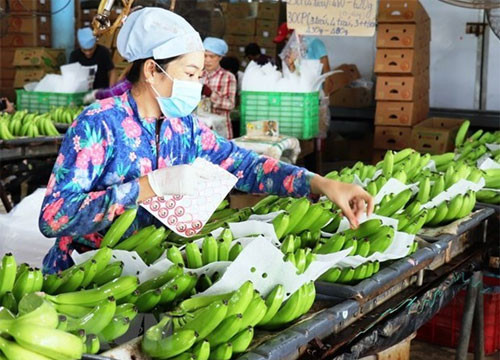
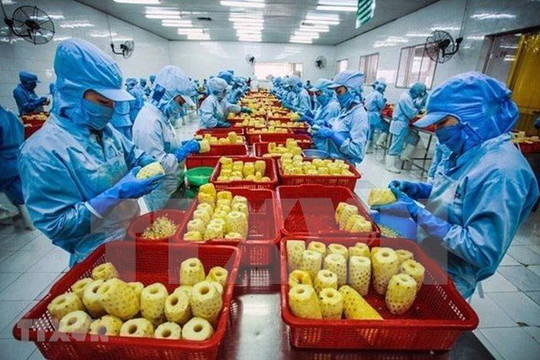
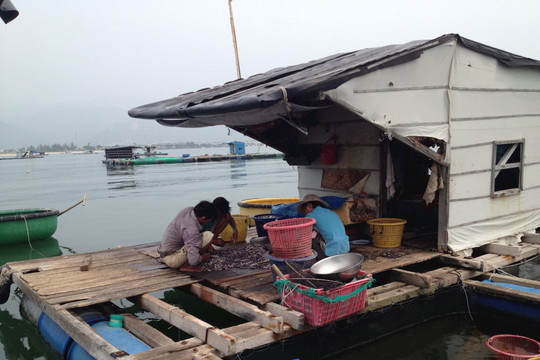
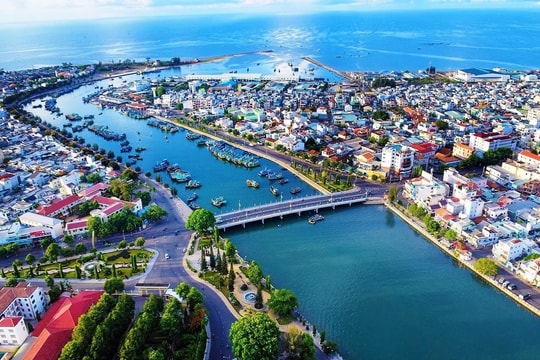
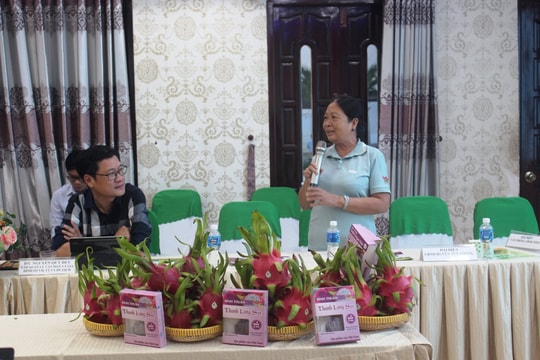

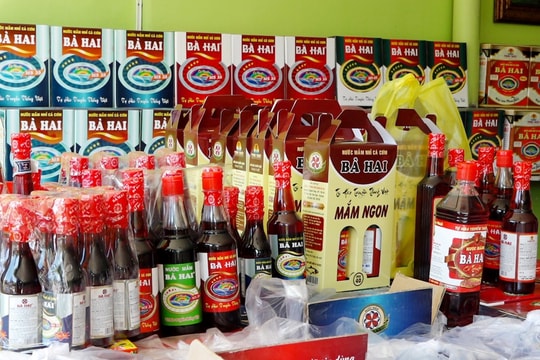



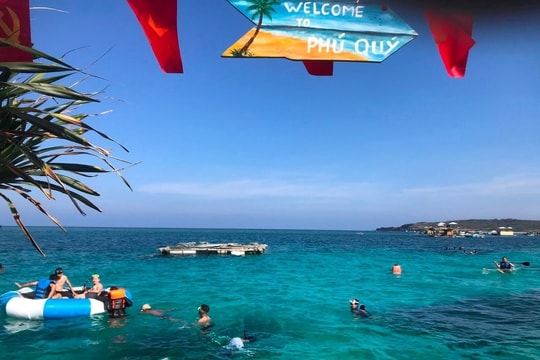


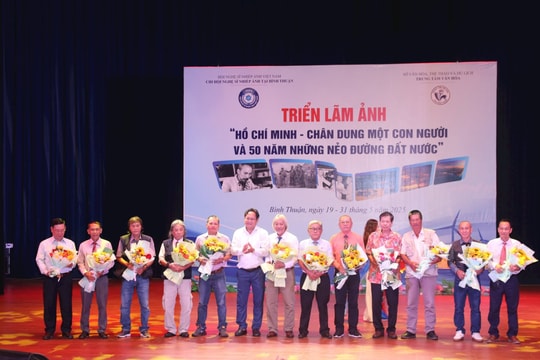



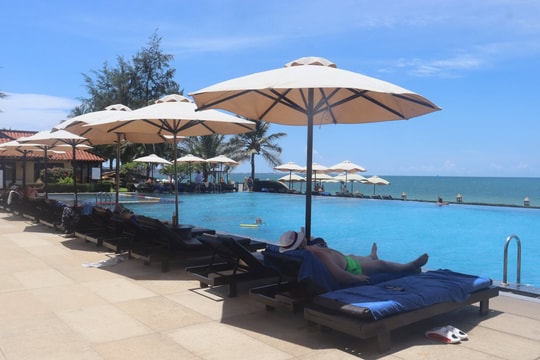
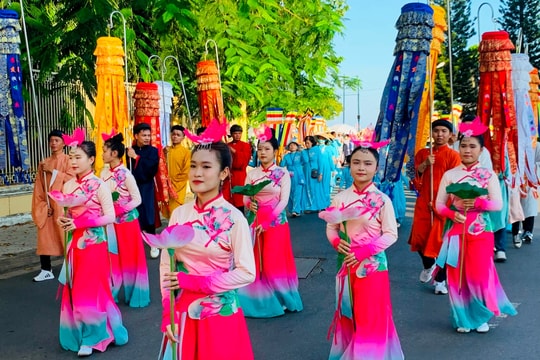



.jpg)




.jpeg)

.jpeg)

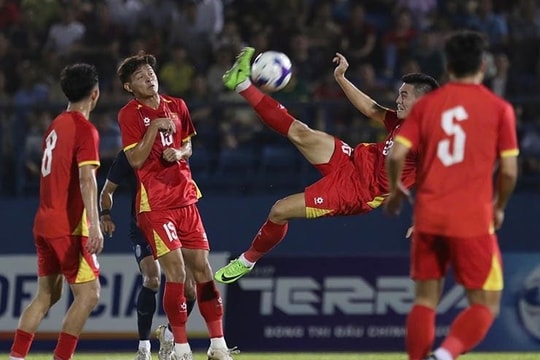
.jpeg)

